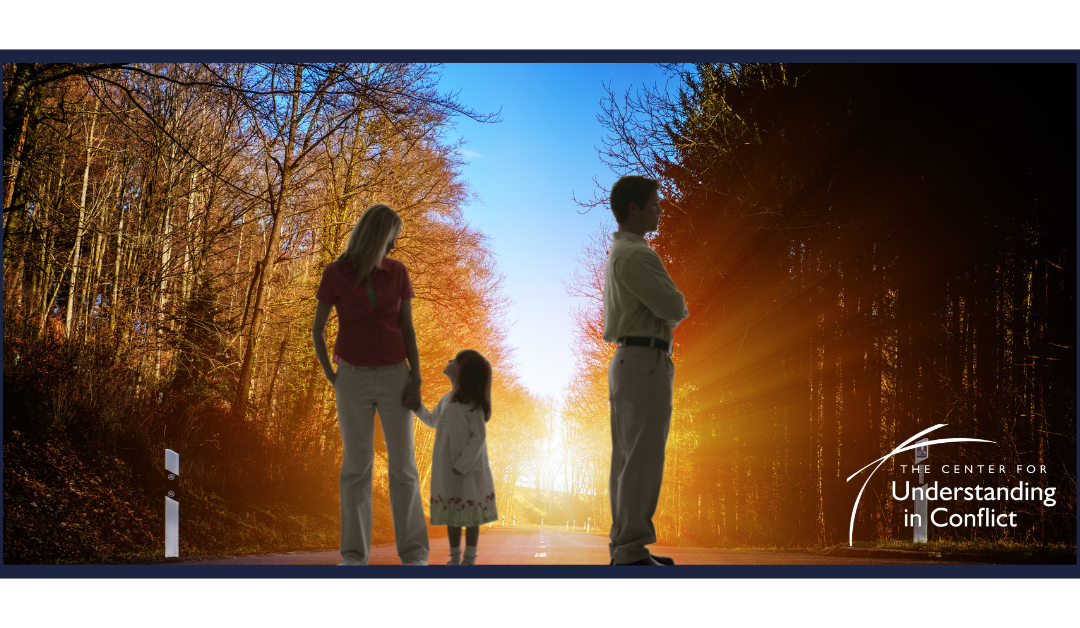When relationships shift and families face the uncertainty of separation, it’s easy to feel overwhelmed, disconnected, and unsure of what lies ahead. Traditional divorce processes often add to that weight—turning heartbreak into battle, conversations into confrontations, and families into factions. But what if there were another way? A way to move through this challenging time with grace, understanding, and a sense of purpose? That’s the gift of matrimonial conflict resolution and mediation.
Mediation offers a space where couples can breathe, reflect, and work through their differences with the help of a skilled and neutral guide. It’s not about assigning blame or “winning”; it’s about finding a way forward that honors everyone involved—spouses, children, even extended families. This approach invites people to connect on a deeper level, focusing on what truly matters: preserving relationships, safeguarding emotional well-being, and creating stability for the future.
Imagine sitting down, not across from an opponent, but beside someone who once shared your dreams, and being given the tools to navigate your differences with respect. Mediation doesn’t erase the pain of separation, but it transforms how that pain is carried. Instead of feeling broken apart, families discover ways to realign and rebuild—on their terms, in their words, with solutions tailored to their unique lives.
Protecting What Matters Most
The financial savings can be significant, but its emotional savings are priceless. Divorce litigation can drain bank accounts, but it also depletes trust, compassion, and hope. Conflict resolution practitioners offer a different path: one that keeps costs low while fostering open communication and mutual respect. For parents, this is especially powerful. The shared commitment to prioritizing a child’s well-being is often a bridge between differences. Practitioners create space to craft parenting plans that truly reflect what’s best for the child—not dictated by a judge, but shaped by the parents who know their family best. Children benefit immeasurably when they see their parents working together, even in separation, to protect their sense of safety and love.
Even couples without children find that mediation helps preserve something essential: dignity. Instead of leaving the process feeling stripped of agency or bitter, many leave with a sense of resolution, having been active participants in shaping their future. And for everyone involved, that feeling of mutual respect can make all the difference in starting the next chapter of their lives.
When families step into a courtroom, they relinquish control over their lives to a legal system that cannot possibly know their story in full. Mediation flips that script, empowering individuals to speak for themselves, listen to each other, and find solutions that truly fit. It’s not always easy, but it’s deeply human—and often, deeply healing.
Mediators help illuminate the path, guiding conversations toward understanding rather than division. By focusing on shared goals, like financial fairness or the well-being of children, conflict resolution transforms what could be a combative experience into one that feels constructive and even hopeful. It’s a process that reduces the likelihood of lasting scars—whether emotional, relational, or financial—and instead nurtures possibilities for healing and growth.
A Calling to Make a Difference
For many legal and therapeutic professionals, matrimonial conflict resolution and mediation aligns with the reasons they entered their chosen field in the first place. It’s about service. Connection. Making an impact when it’s needed most. Lawyers who once felt confined by the rigidity of the courtroom and therapists who long to be part of meaningful change often find a deep sense of purpose. It’s an opportunity to help people through one of life’s most difficult transitions in a way that honors their humanity.
Mediators bring compassion and insight to the table, drawing on both their professional training and their belief in the power of understanding. They witness moments of breakthrough: when a couple finds common ground in their love for their children, or when a conversation shifts from conflict to collaboration. These moments are why so many professionals choose this path—not just as an addition to their practice, but as a calling.
Mediation doesn’t just resolve disputes; it plants seeds for healthier families and communities. Children of mediated divorces grow up witnessing cooperation and respect, even in times of hardship. Parents find ways to communicate and co-parent effectively, setting an example of resilience and care. Families discover that even in separation, they are still connected in meaningful ways.
For the individuals who guide these conversations, the work is profoundly fulfilling. It’s not just about resolving legal matters—it’s about helping people rewrite their stories with courage and compassion. It’s about creating spaces where understanding can flourish, even amid pain. And it’s about offering hope for brighter days ahead.
This is not just an alternative; it’s a lifeline. It’s an opportunity to protect what matters most, to heal, and to move forward with intention and grace. For those who choose to practice it, it’s a chance to make a lasting impact in the lives of those they serve. And for families, it’s a pathway to a future filled with hope and possibility.
